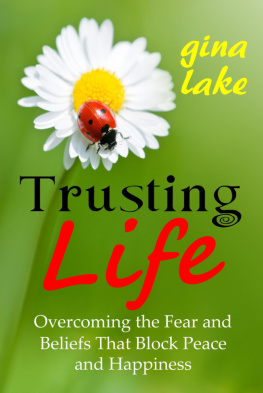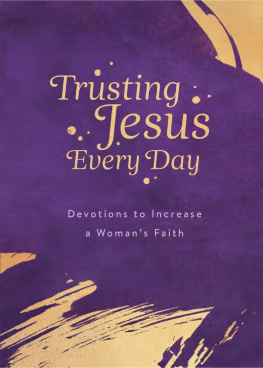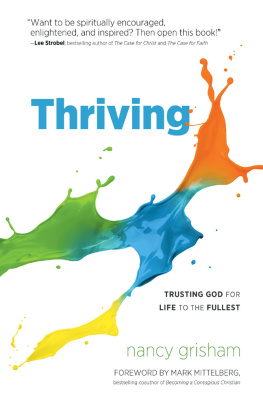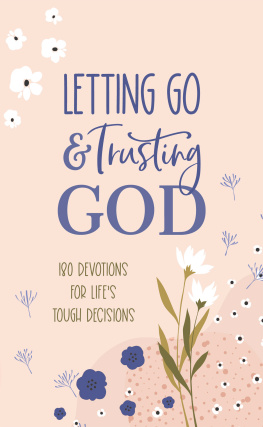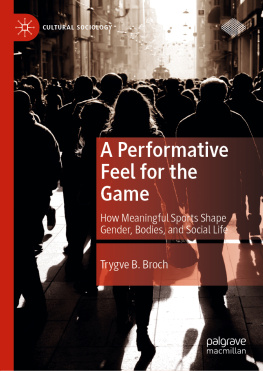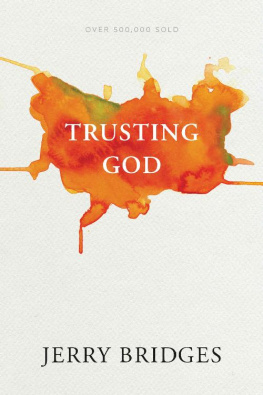Published by
Berghahn Books
www.berghahnbooks.com
2016 Vigdis Broch-Due and Margit Ystanes
All rights reserved. Except for the quotation of short passages for the purposes of criticism and review, no part of this book may be reproduced in any form or by any means, electronic or mechanical, including photocopying, recording, or any information storage and retrieval system now known or to be invented, without written permission of the publisher.
Library of Congress Cataloging-in-Publication Data
Names: Broch-Due, Vigdis, editor. | Ystanes, Margit, editor.
Title: Trusting and its tribulations: interdisciplinary engagements with intimacy, sociality and trust / edited by Vigdis Broch-Due and Margit Ystanes.
Description: New York: Berghahn Books, [2016] | Includes bibliographical references and index.
Identifiers: LCCN 2015045558| ISBN 9781785330995 (hardback: alk. paper) | ISBN 9781785331008 (ebook)
Subjects: LCSH: Trust--Social aspects--Case studies. | Social interaction.--Case studies. | Intimacy (Psychology)--Case studies.
Classification: LCC BJ1500.T78 T79 2016 | DDC 302/.14--dc23 LC record available at http://lccn.loc.gov/2015045558
British Library Cataloguing in Publication Data
A catalogue record for this book is available from the British Library
ISBN 978-1-78533-099-5 (hardback)
ISBN 978-1-78533-100-8 (ebook)

Preface
This volume was born out of a long-standing interest in the intricacies of trusting and its tribulations shared by the two editors. Coming to the problem with fieldwork experience on trust formation from different continents and communities Ystanes from Central America and Broch-Due from Africa but having both grown up in Norway, a country that ranks on the top of all trust barometers, it was abundantly clear from our compiled experiences that trust could not be taken for granted, even in close-knit relationships. Examples range from the deep suspicion fracturing Ladino Guatemalans projecting a family faade of pure trust and solidarity (Ystanes 2011) to the trusting modalities of pastoralists in Northern Kenya, which fail to neatly discriminate between distant and close relationships in terms of blood, but rather extend trust and belonging to those who are linked by cattle transfers, including the beasts themselves (Broch-Due 2005).
Moving closer to home we experience yet another scenario of trusting. A highly visible instance of Norways levels of taken-for-granted trust is the fact that Norwegian parents often leave sleeping babies alone in their strollers outside homes and cafs during all weathers and seasons. This can be a rather shocking sight for those coming from places where the dangers of kidnapping and abuse are always highlighted in the media, with the result that social mistrust soars in the public imagination. Many foreigners are likewise puzzled by the apparent willingness of Scandinavians to pay high taxes, trusting their government to deploy the public purse wisely and justly, redistributing services, benefits and resources evenly throughout society (Skirbekk 2012). In short, tillit [trust] has become a defining feature of everything Nordic, deeply embedded in an egalitarian ethos that is still visible and pervasive, both arising from and creating high levels of social trust.
Whatever the case, the relatively homogeneous composition of the Scandinavian citizenship, combined with a remarkable consensus across the political spectrum about core values, has probably served as a shield against the most rampant waves of social anxiety that have engulfed larger, more complex and less cohesively constituted Western societies in a self-endangering civilization, the term coined by sociologist Ulrich Beck in his seminal Risk Society (1992 [1986]). The postmodern notion that risk is no longer chosen and controllable, but ubiquitous and unavoidable seems particularly penetrating in Anglo-Saxon cultures. Mary Douglas and Aaron Wildavsky capture this corrosive mistrust well in Risk and Culture (1982: 10):
What are Americans afraid of? Nothing much, really, except the food they eat, the water they drink, the air they breathe, the land they live on, and the energy they use. In the amazingly short space of fifteen to twenty years, confidence about the physical world has turned into doubt. Once the sources of safety, science and technology have become sources of risk.
Just from this handful of examples it became clear to us that the social conditions for trust formation are not only highly variable, but remain elusive and are certainly not exhausted by the rather obvious explanations we can draw from the social sciences. The very opaqueness of trust as a human condition becomes even more palpable if we venture into the intimate sphere where, despite commonplace notions that trust coagulates naturally from shared blood and genes, human experiences also bear evidence that the underbelly of intimacy bleeds mistrust too. Misgivings and betrayal of close kin has been the mainstay of literature as far back as the Greek tragedies. Ancient myths, works of fiction and feminist critiques have long reminded us that the most intimate relations can also be deeply troubling and difficult, even violent. Paradoxically, myth and fiction constitute the only spaces in which the strong association of intimacy as embedded in trust, harmony, altruism and nurture are interrogated and challenged. The Scandinavian literary tradition has been particularly notable for its focus on the friction of family life, with playwrights such as Henrik Ibsen and August Strindberg famously depicting it as fraught with suffocating and unrealistic expectations, dark secrets, deception and handed-down personal flaws. These topics appear to have had a lasting appeal throughout time, and today feature in both ideological struggles over the role of the family and in psychoanalytical approaches to it. The fundamental conflicts of the biological nuclear family scrutinized by the ancient Greek myth of Oedipus and later adopted by Freud, as well as the limiting and infantilizing role assigned to women in married life which Ibsen criticized in A Dolls House, continue to be the subject of literary and feminist critique in a large number of contexts.
Perhaps it is an understanding of such tensions as particular to Euro-American or Western notions of family life and the particular, historically situated struggle for womens emancipation in the West that has led anthropologists to largely disregard this problematic when they venture into more exotic terrain. Ethnographic studies of witchcraft, kinship, gender, morality and the self indicate in fact that domestic bliss can be hard to come by in most societies. Yet these findings have not lead to a critical debate on the notion of intimacy in anthropology, nor have they inspired a critical discussion of the theorizations of trust that rest upon an idyllic, all-embracing image of domestic life. As an unchallenged supposition in mainstream anthropology, the notion of intimacy continues to be associated with reciprocity and trust indeed, with the safe haven of the kinship group, family or community. Whether this notion of intimacy accurately reflects what goes on in close relationships in any context is rarely explored, but is, nevertheless, a frequently unquestioned premise across the entire interdisciplinary field of trust scholarship in philosophy, economics and sociobiology.


 Contents
Contents Illustrations
Illustrations Preface
Preface
